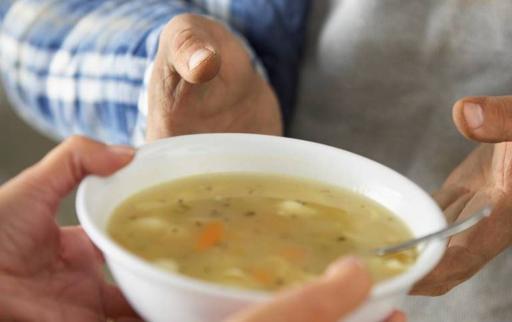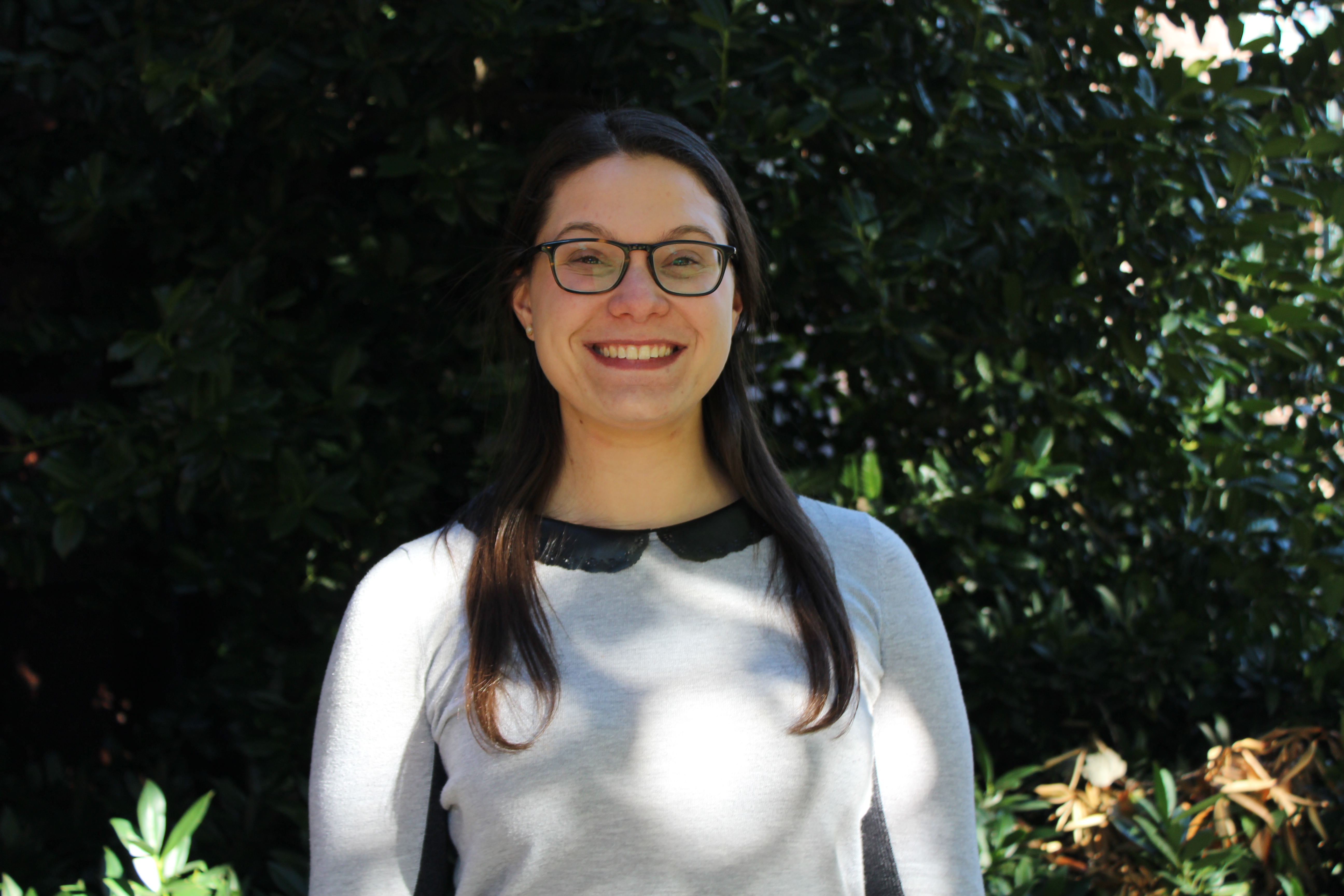
“Is such the fast I desire, a day for people to starve their bodies? Is it bowing the head like a bulrush and lying in sackcloth and ashes? Do you call that a fast, a day when the Eternal is favorable? No, this is the fast I desire: To unlock fetters of wickedness and untie the cords of the yoke, to let the oppressed go free, to break off every yoke. It is to share your bread with the hungry, and to take the wretched poor into your home. When you see the naked, to clothe them, and not to ignore your own kin.” (Isaiah 58:5-7)
Growing up, I was taught that we fast on Yom Kippur in order to set aside our physical needs and focus fully on our souls. It was a day for personal reflection—to critically assess your actions from the last year, repent for the missteps, and commit to being better in the upcoming year. I heard stories of people making amends with estranged family members and apologizing to a friend for a thoughtless joke. It was a solemn day of contemplation and prayer that would strengthen your connection with God.
I still think all this is true. I try to take Yom Kippur as a moment for self-assessment and reviewing my last year holistically. But this year, I find myself dwelling more on the words of Isaiah that we read during the Yom Kippur service. Isaiah teaches that fasting in and of itself is not enough to bring us closer to God. Fasting must be coupled with righteous action. As with the commitment to act more kindly in our personal lives, our day of prayer must come with a commitment to spend the upcoming year actively pursuing justice. If we do not seek to “unlock fetters of wickedness, and untie the cords of the yoke, to let the oppressed go free,” then we have not fulfilled our sacred duty.
Isaiah’s call to “share your bread with the hungry,” combined with the act of denying ourselves food during the fast, calls to mind one of the biggest injustices in our society: hunger. In our nation of plenty, 41 million people suffered from food insecurity last year. Thirteen million American children live in households that do not always have enough to eat. Theirs is not a voluntary and dignified fast—they are forced to live in hunger because of systemic inequalities like low wages and under-funded federal programs.
We cannot complete our holy fast while ignoring the devastating reality of chronic hunger in our midst. This Yom Kippur, I urge you to fulfill Isaiah’s instruction and commit to taking action to fight food insecurity in 5779. You can begin by telling your Senators and Representative to protect the Supplemental Nutrition Assistance Program (SNAP) in the farm bill, and help families keep food on the table. Congress will negotiate on a final version of the farm bill in the upcoming months, meaning we must raise our voices now in support of SNAP. In doing so, we can come a little closer to the kind of meaningful fast Isaiah instructs us to undertake.
Related Posts

Remarks from Rabbi Eliana Fischel at Jewish Gathering for Abortion Access

Teens from North Carolina Speak About Environmental Justice


